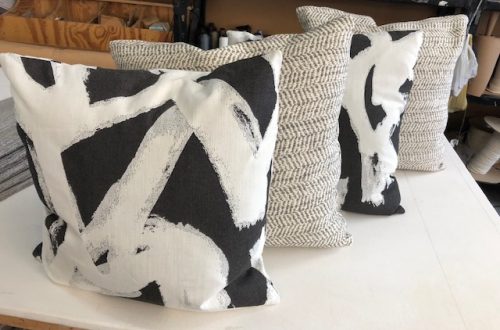Allergy-proofing your yard
If you are prone to allergies or suffering from it after yard work, here are some tips to allergy-proofing your yard.
- Plants that have bright flowers rely on insects to transfer pollen cause less allergies.
- Plants that produce pollen spread by wind cause more allergies.
- Rain helps to wash pollen. But it promotes mold, mildew, and weeds. If you have allergies based on these, avoid gardening after rain.
- Cut the grass short and keep the garden weed free. Ragweed, dock, and English plantain promote allergies.
- Wear a mask when doing yard work.
- Wear long pants and shirts and wash them after yard work.
- Avoid gardening in early morning or at sundown when the pollen count is highest.
- Protect your eyes with glasses or sunglasses.
- Take a shower after yard work.
- Pay attention to plants that promotes allergies. They include Male junipers, fruitless mulberry, seedless ash, cottonwood, elm, sycamore, olive, oak, walnut, maple, birch, willow, and pecan. Bermuda grass and bluegrass are also known to promote allergies.
- Use plants that will not aggravate allergies. These include fruited mulberry, magnolia, silk, pear, palm, redbud, yew and fir trees. Other plants include azalea, hyacinth, daffodil, and hibiscus. Ferns, orchids and gladiolas are also friendly to those who are suffering from allergies.


